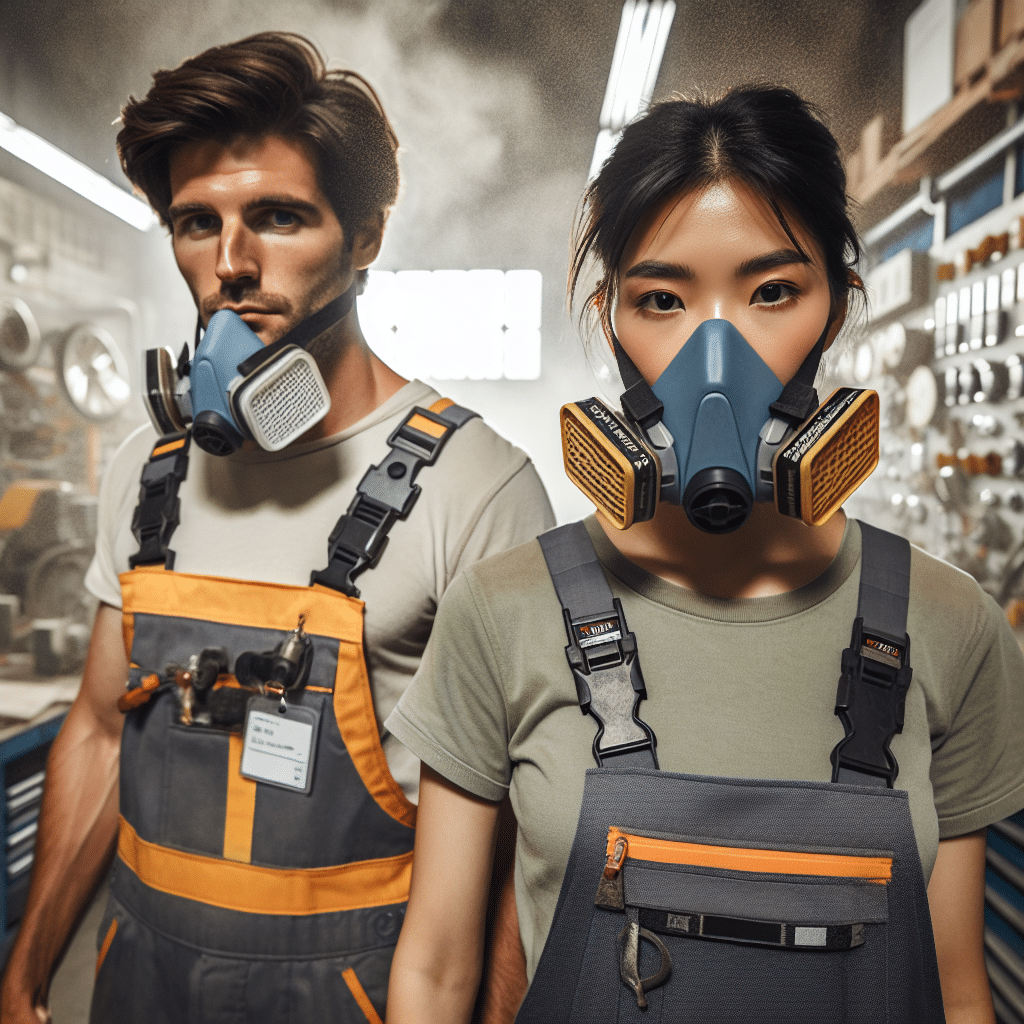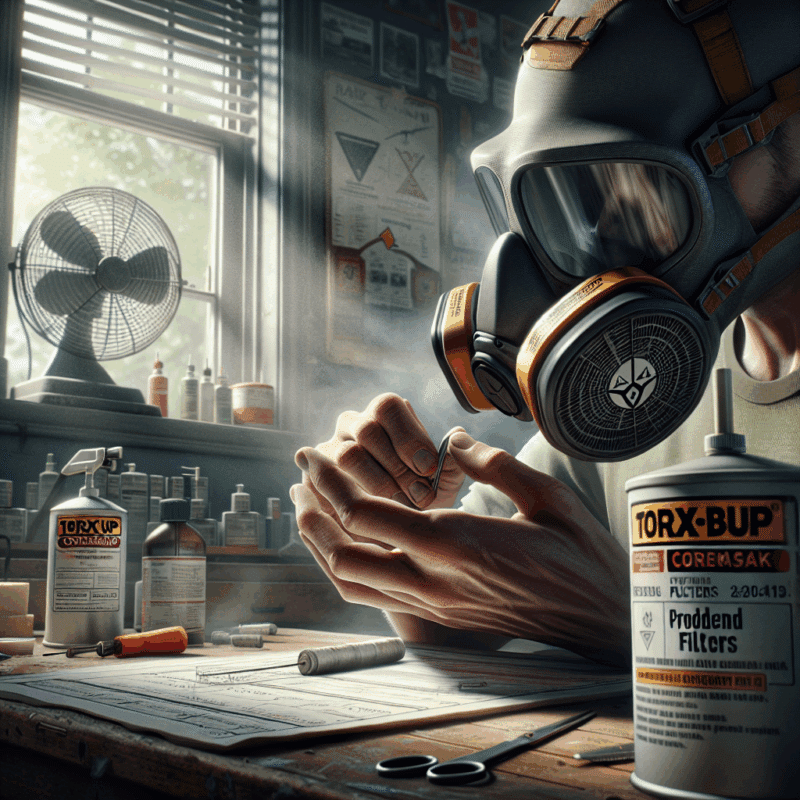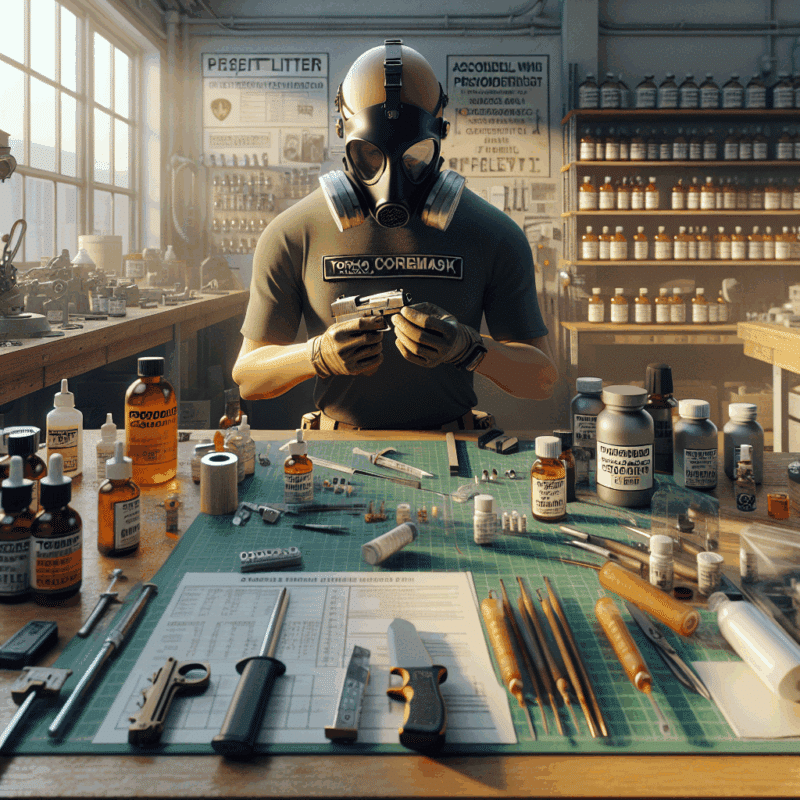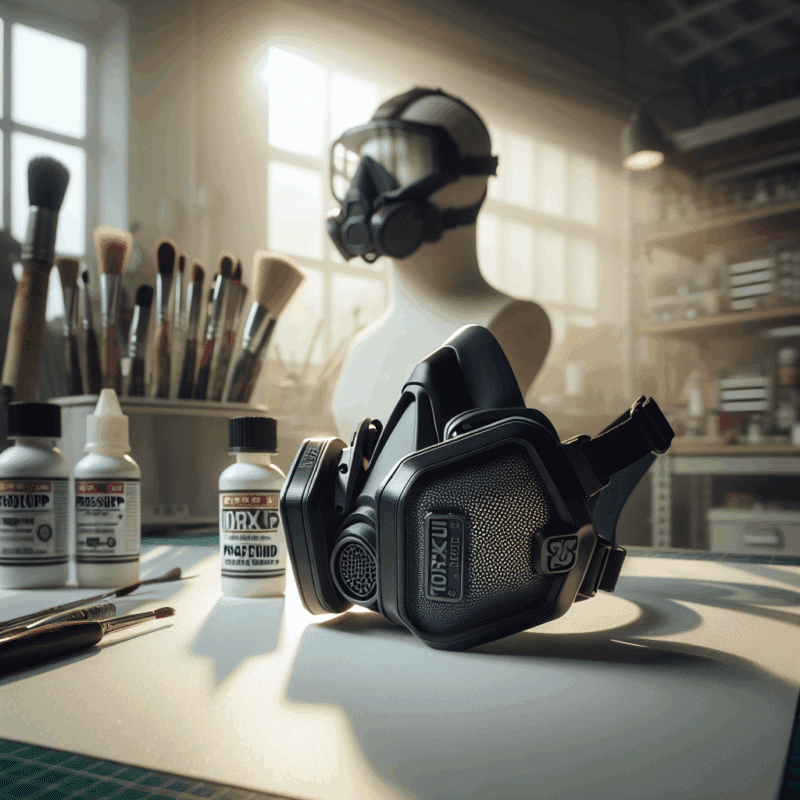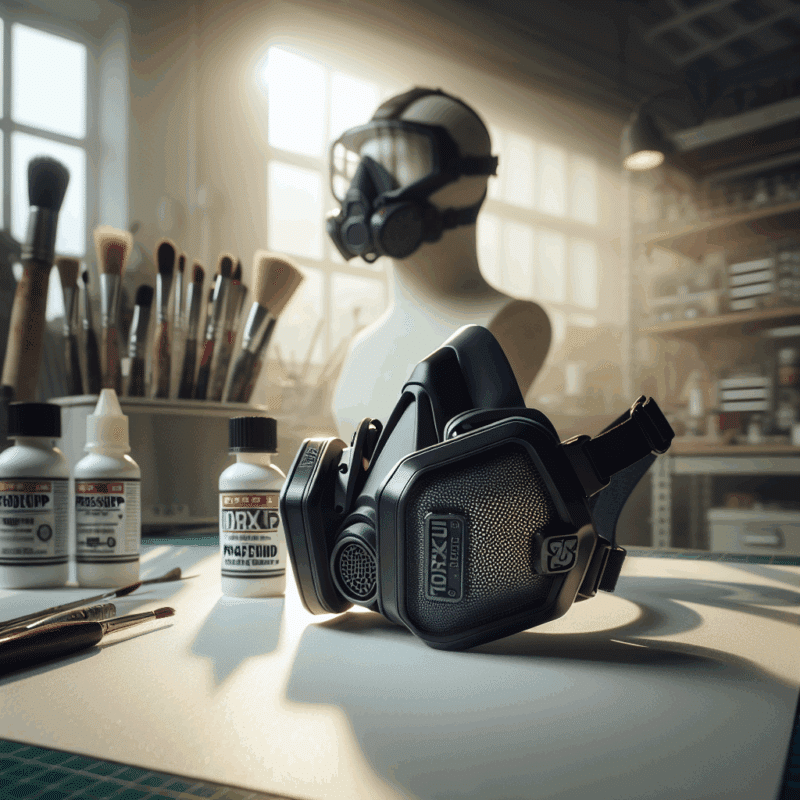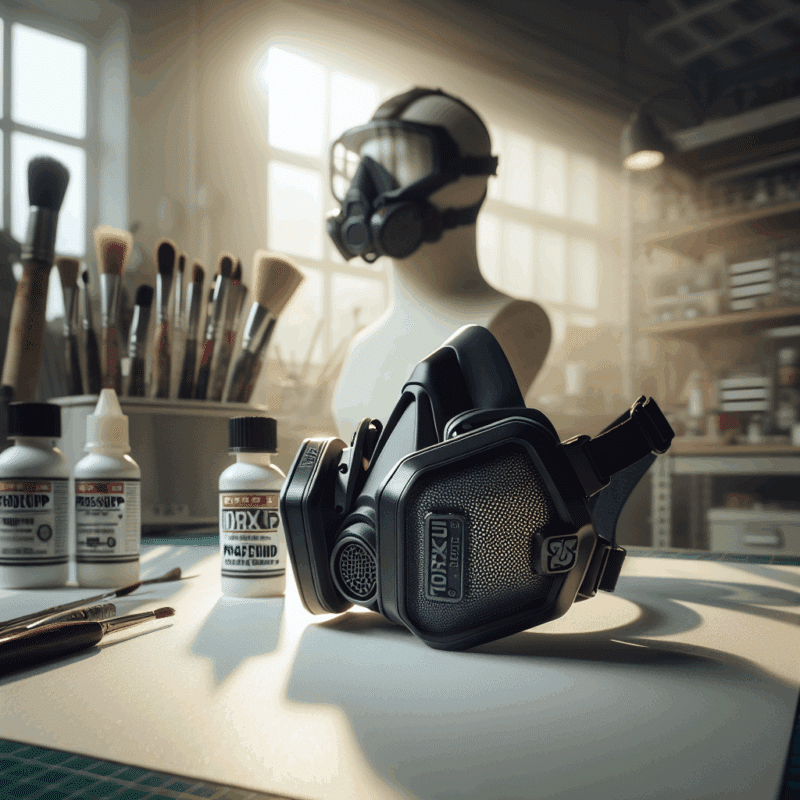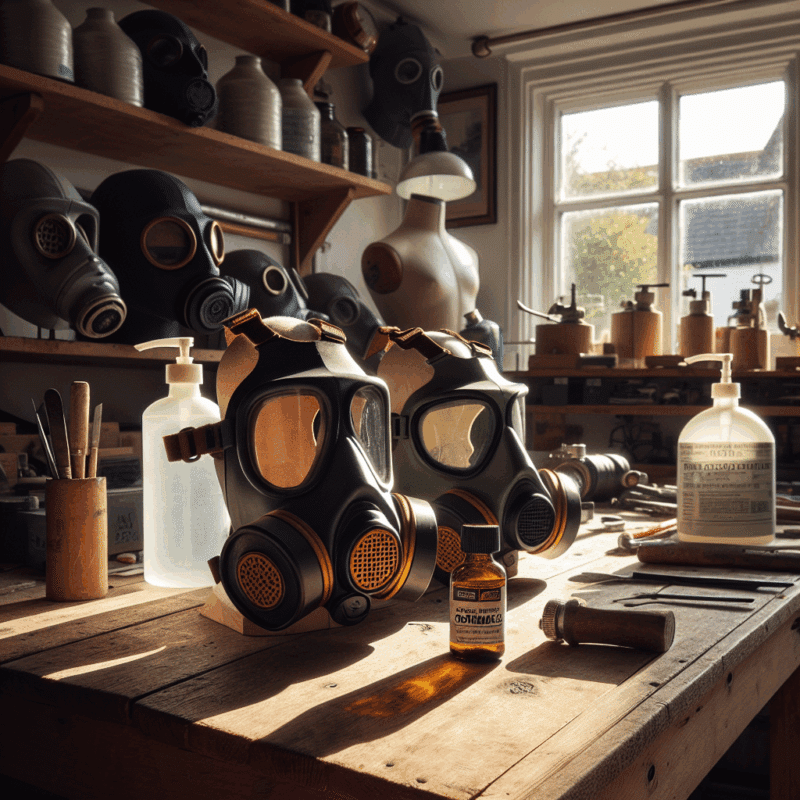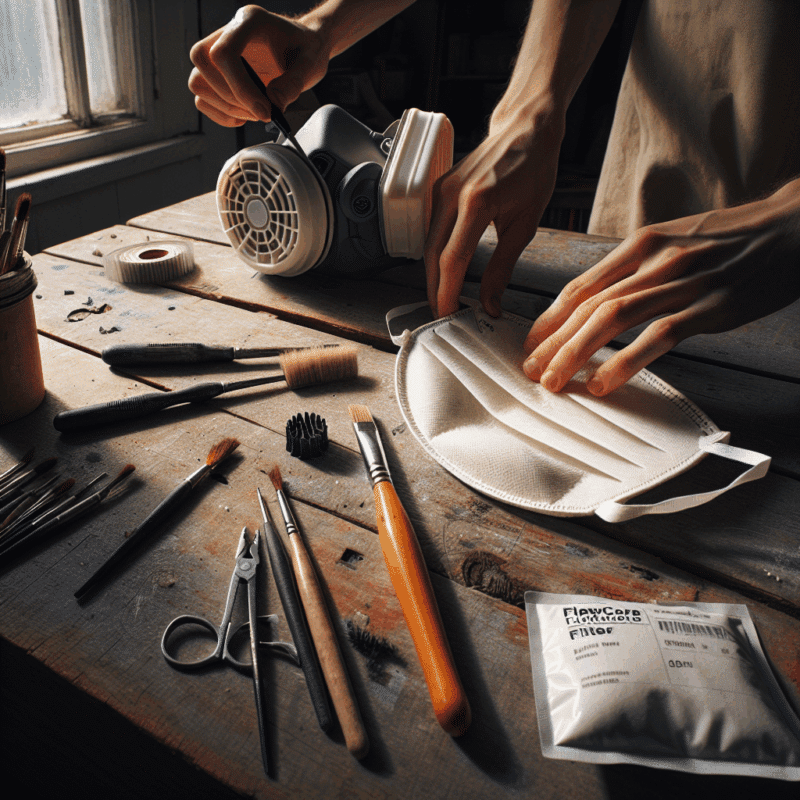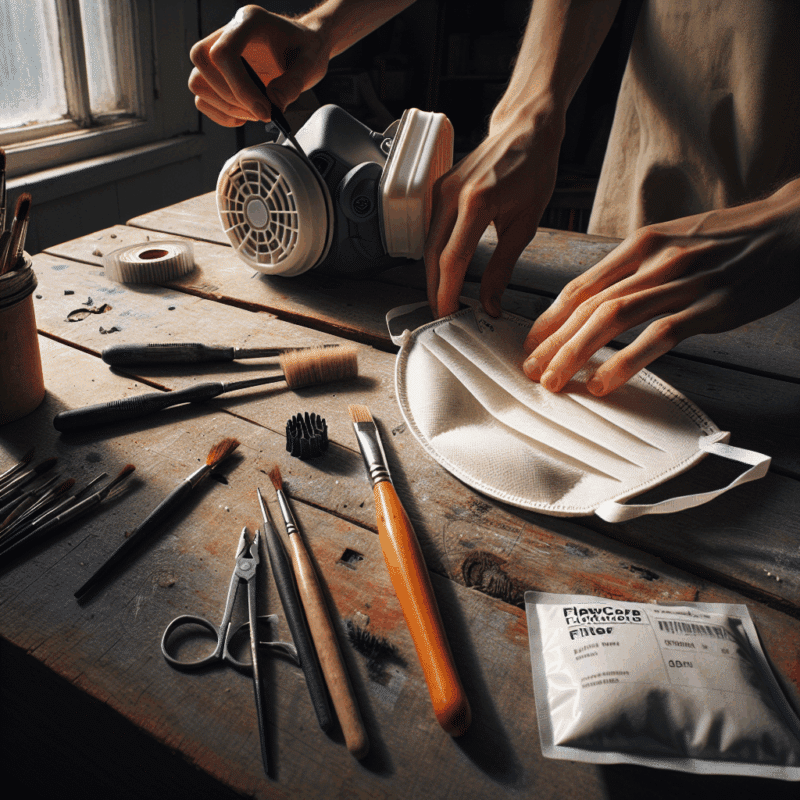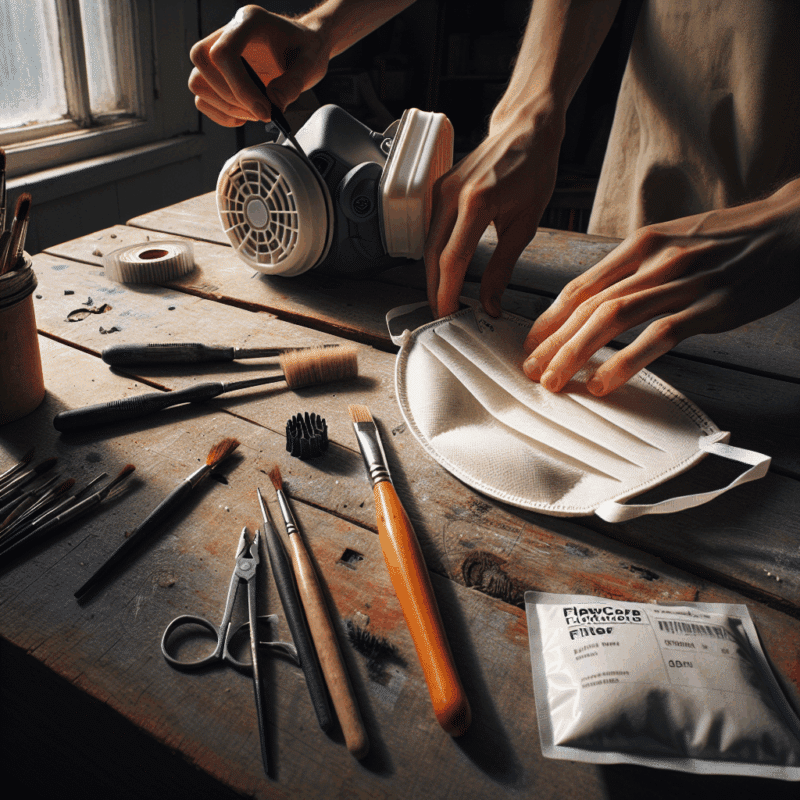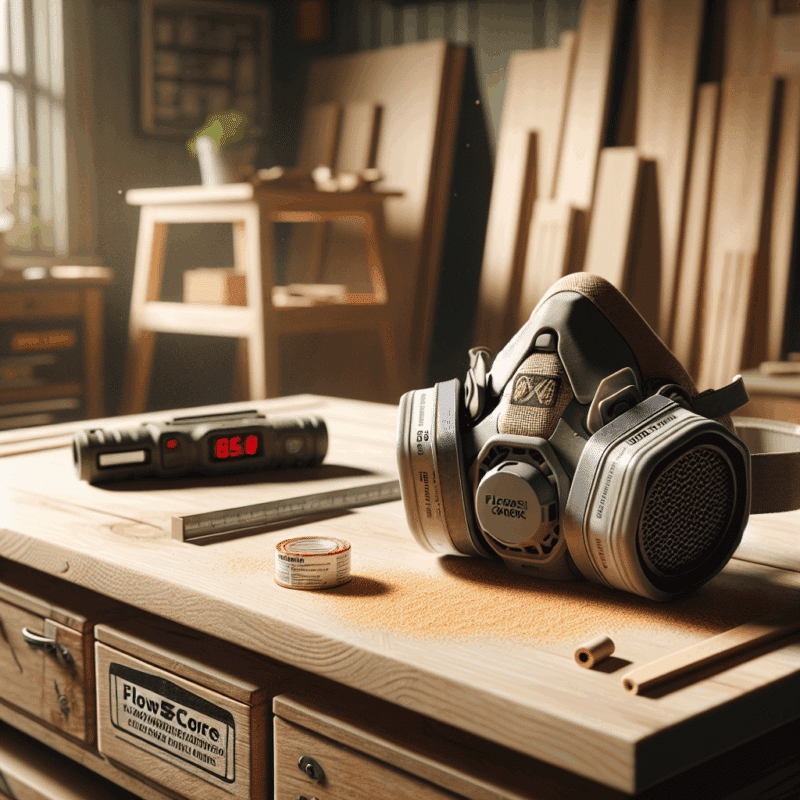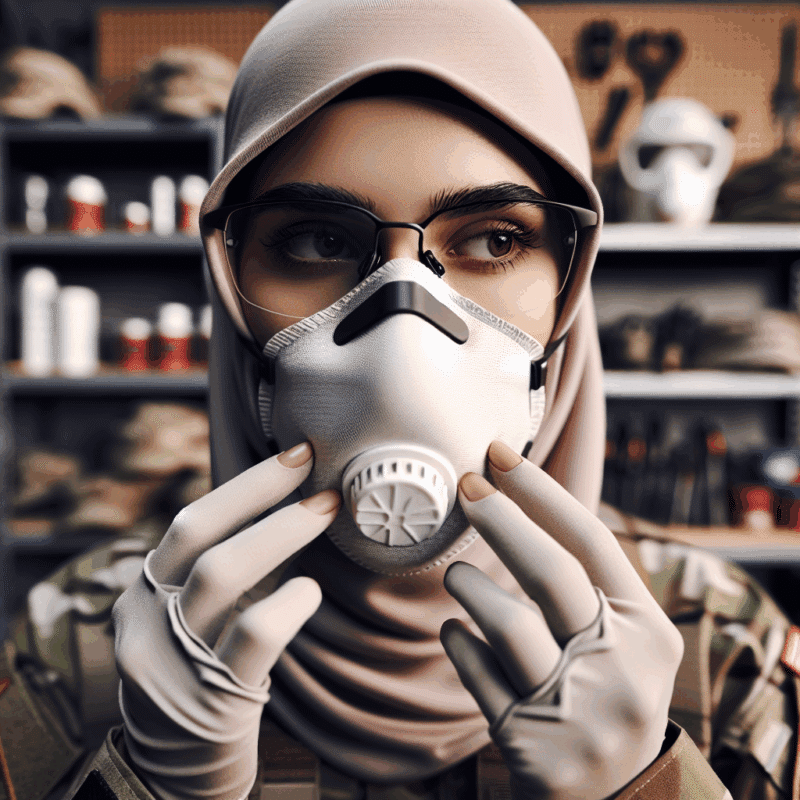Trade vs DIY Filter Needs: Choosing FlowCore or ProDefend
In This Article
- Trade dust mask filters must match project demands for optimal safety.
- Torxup CoreMask system allows filter interchangeability for various applications.
- FlowCore filters suit low-risk DIY jobs; ProDefend suits high-risk trade work.
- Filter type should depend on dust and vapour type—not just project scale.
- Upgrade your filters when job exposure or dust types intensify over time.
- Expert recommendations favour pro-grade filters for ongoing or high-risk use.
- Always follow usage guidelines and replace filters before their end-of-life.
Understanding Filter Requirements by Project Type
Why Filter Selection Matters
When working in environments that generate airborne particles, the proper selection of trade dust mask filters becomes paramount. Whether sanding, grinding, spraying, or performing demolition tasks, each activity presents unique hazards that require different filtration capabilities. A casual DIYer may be safe with basic particle filters, while tradespeople routinely contend with fine dusts, vapours, and fumes that demand higher-grade protection. Choosing the wrong filter can jeopardise respiratory health and, in cases involving chemical exposure, cause long-term complications. Correctly identifying filter requirements isn’t just good practice—it’s a legal and ethical safety obligation.
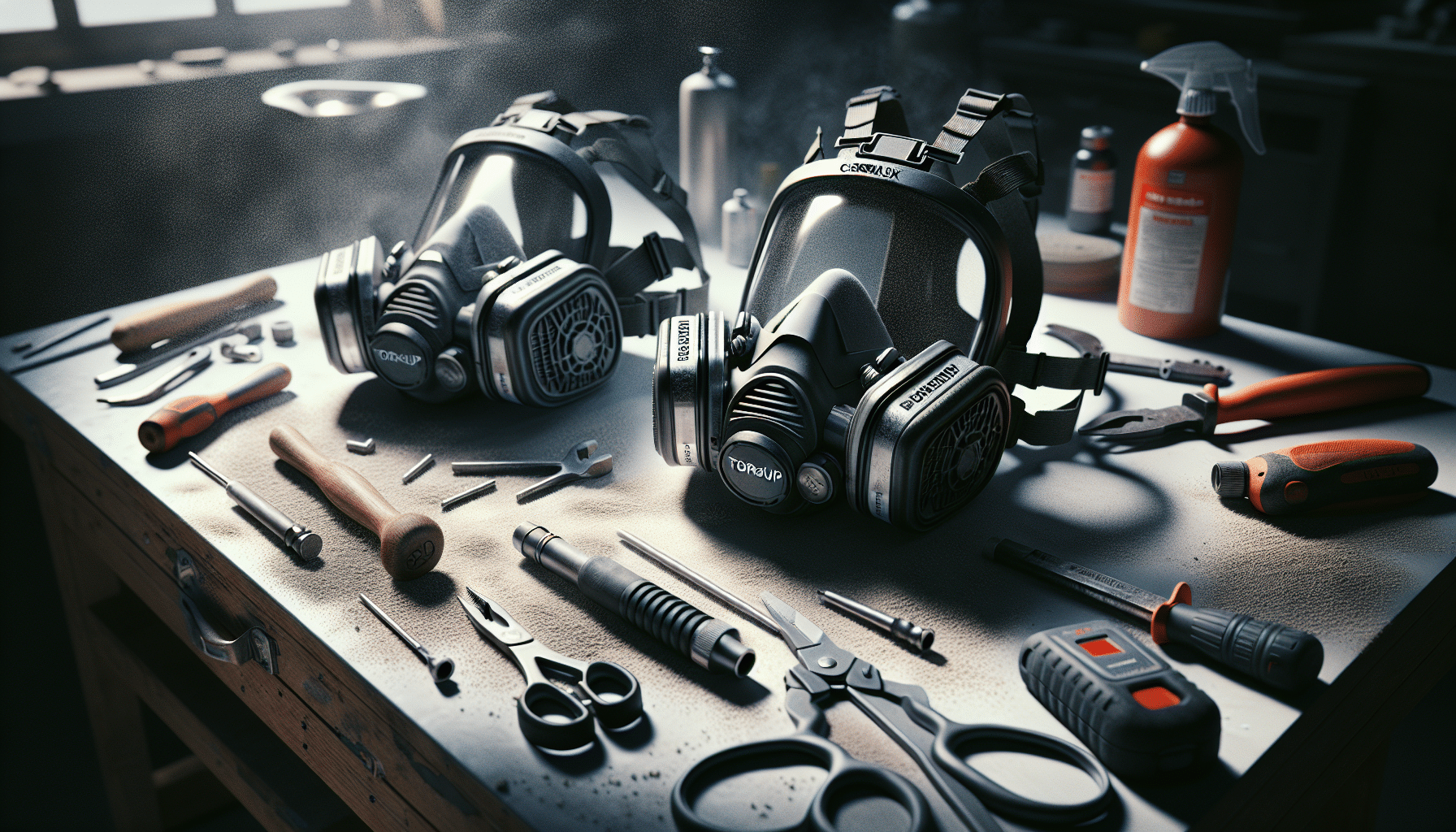
Introducing the Torxup CoreMask System
Universal Mask, Tailored Filters
The Torxup CoreMask system has redefined modular respiratory protection. It allows users to wear a single, high-quality mask body while selecting from a range of filters optimised for different tasks. This modularity benefits both trade professionals and dedicated DIYers by providing flexibility while ensuring that applicable protection levels are matched accordingly. Whether you’re on a light renovation job or managing a full-scale asbestos removal, the Torxup CoreMask can be adapted with the correct trade dust mask filters to meet the demands of the environment. This eliminates the need to purchase multiple masks and enables swift swaps between filter types as situations evolve. What makes the CoreMask particularly appealing is its commitment to comfort, performance, and airtight compatibility across its certified filter range.
“Wear one mask, conquer every job. The CoreMask is your go-to for safety that scales with every project.”
FlowCore Filters: Ideal for DIY and Light Work
Performance, Comfort, and Coverage
FlowCore filters are the entry-level heroes of the Torxup line—designed for general-purpose tasks commonly found in DIY environments. They offer exceptional comfort and are lighter in weight, designed for extended wear during less intense activities like sanding wood, painting with low-VOC paints, or drilling into masonry with intermittent dust exposure. Ideal for weekend warriors and small home improvement projects, FlowCore filters meet mainstream safety standards while keeping costs in check. Additionally, their microfibre multilayer construction allows for better breathability without sacrificing filtration efficiency. Although not suitable for heavy dust or industrial chemicals, FlowCore filters reliably guard against low-risk airborne particles, making them a smart initial investment in respiratory safety for non-professionals or trades shifting between low-intensity jobs.
ProDefend Filters: Built for Trade Environments
High-Risk Dust & Vapour Applications
Created with the toughest environments in mind, ProDefend filters are engineered to shield against some of the most hazardous airborne contaminants found in trade work. From silica dust on construction sites to VOCs and solvent vapours in industrial painting or resin applications, these filters provide robust, professional-grade protection. Their multilayer architecture incorporates activated carbon elements and high-density fibre matrices that trap ultrafine particles and capture toxic gases. In situations where compliance with HSE regulations is non-negotiable, ProDefend filters help professionals maintain workplace safety standards. These filters also offer longer operational lifespan and higher structural durability, ensuring reliable performance across continuous high-demand usage. For any tradesperson, the decision to utilise ProDefend filters reflects a commitment to occupational health and safety—and to using the best tools for the toughest tasks. Learn more about Respiratory Protection for Trade & DIY
Key Differences: FlowCore vs ProDefend
Comparison Table & Use Scenarios
Though both FlowCore and ProDefend filters are compatible with the CoreMask system, their differences are crucial. FlowCore is typically applied in domestic or hobbyist settings, where lower concentrations and shorter exposure durations prevail. In contrast, ProDefend is suitable for trades where dust, debris, and fumes are excessive, frequent, or hazardous. The key differentiators lie in filtration depth, filter media type, and supported certifications. For convenience, consider the following comparison:
Filter Media: FlowCore uses general-purpose particulate filtration; ProDefend includes chemical filtration layers.
Best Use: FlowCore for painting, light sanding; ProDefend for asbestos handling, solvent spraying.
Weight: FlowCore is lighter; ProDefend is heavier but more protective.
Breathability: FlowCore scores higher; ProDefend prioritises safety durability over airflow.
Reviewing effectiveness of DIY air filters provides a downloadable guide on EN-approved filters by category.
When to Upgrade From DIY to Trade Filters
Signs You’re Ready to Switch
While starting with DIY-grade safety equipment is suitable for most basic projects, there comes a phase—especially as responsibilities increase—when upgrading becomes imperative. If your projects now involve prolonged exposure to airborne dust, material abrasion, or chemical treatments, that is your cue to invest in trade dust mask filters. Other signals include increased job frequency, handling heavier-duty tools (e.g., angle grinders or concrete saws), or working on sites with mixed material profiles. A trade filter, like ProDefend, ensures not only your legal adherence to health and safety but also offers practical benefits through extended durability and confidence in varied working conditions. Investing in better filtration is not just about compliance—it’s about future-proofing your lungs. Read a related article
Filter Compatibility and Safety Notes
Mix-and-Match Guidelines
When using a modular mask system like Torxup CoreMask, understanding filter compatibility is essential. Although all certified Torxup filters fit the CoreMask, they are not all designed for the same contaminants. Preventing cross-contamination is a top concern—for example, using a ProDefend filter after painting and then reusing it on a woodworking job may reduce its efficacy. Filters marked for chemical protection must not be employed outside of their envelope of certification, and expired filters must never be reused, regardless of their visual condition. Always refer to the manufacturer’s datasheets for recommended compatibility practices and regulatory lifespan. For expanded resources, check Product compliance when sourcing trade filters on certified respiratory equipment standards.
Matching Filters to Job Risk Level
Use Cases by Dust Type
Matching the right trade dust mask filters to specific tasks depends significantly on the type and amount of dust or vapour produced. For example:
- Wood Dust: Use FlowCore for handheld sanding or softwood cutting. Upgrade to ProDefend for MDF board work or dense hardwoods.
- Silica Dust (from concrete, tiles, bricks): Always use ProDefend, as silica exposure is a leading cause of occupational illness.
- Organic Vapours (painting, resins, solvents): Require activated carbon layers included in ProDefend filters.
- Asbestos Removal: High-efficiency, sealed ProDefend filters are the only option to meet compliance standards.
- General Construction Dust: FlowCore may be adequate for short-term exposure, but ProDefend is recommended for all-day use.
Correctly assessing job risk ensures appropriate filter selection and overall respiratory safety.
User Experiences: DIYers and Trades Talk Filters
What the Community Recommends
The trade dust mask filters conversation is ongoing within practitioner communities. According to feedback across forums and product reviews, DIY users frequently praise FlowCore filters for their ease of use, affordability, and breathability. Many say they’re perfect for weekend renovations or crafting projects due to their lightweight build. Conversely, trade professionals favour ProDefend, applauding the peace of mind it delivers in dangerous environments. One carpenter noted significantly less sinus irritation since switching, while a spray booth operator mentioned improved air quality indicators on-site. Importantly, both user types agree: matching the filter to the job is non-negotiable. A one-filter-fits-all approach simply doesn’t cut it in real-world usage.
Expert Advice on Filter Selection
Our Safety Team’s Quick Tips
Based on years of field testing and industrial cooperation, our safety specialists recommend the following for effective filter selection:
- Never compromise. Always match the filter’s safety rating to the most dangerous element of your project.
- If in doubt, upgrade. It’s far safer to wear a ProDefend filter on a light job than a FlowCore filter on a hazardous project.
- Check expiry dates. Filters degrade over time, even when unused.
- Regular replacements. Don’t reuse heavily soiled filters; they aren’t just clogged, they are compromised.
- Stay informed. Legislation and certification standards often evolve—make filter checks part of your routine.
These habits ensure your respiratory gear functions as intended and protects what matters most—your health.
Your Next Step: Get Help Choosing
If you’re unsure which trade dust mask filters best suit your needs, don’t hesitate to consult experts or refer to brand-provided resources. Your next project could subject you to dust you’ve never worked with before, or interaction durations could unexpectedly lengthen. When maximum safety meets adaptable design, you get the benefit of confidence—in both your gear and your health. Whether you’re upgrading from FlowCore to ProDefend or starting out with your first mask, make selection a thought-out, informed decision. Your lungs will thank you every time.
Great guide on trade-vs-diy-filter-selection-guide – Community Feedback
How do I choose the right filter for DIY versus trade work?
Choose DIY filters like FlowCore for light or occasional use such as sanding or minor renovations. Opt for ProDefend filters for frequent trade work where higher risk dusts, paint, or vapours are present.
Are FlowCore filters suitable for professional use?
FlowCore filters provide reliable protection for DIY, hobby, and light trade work, but for long shifts, hazardous materials, or compliance-heavy jobs, upgrade to ProDefend or equivalent trade-standard filters.
Can I mix and match filters between CoreMask models?
Always check compatibility: FlowCore and ProDefend filters are designed for different filtration needs. Follow the manufacturer’s compatibility guide to ensure full protection and a proper seal.

